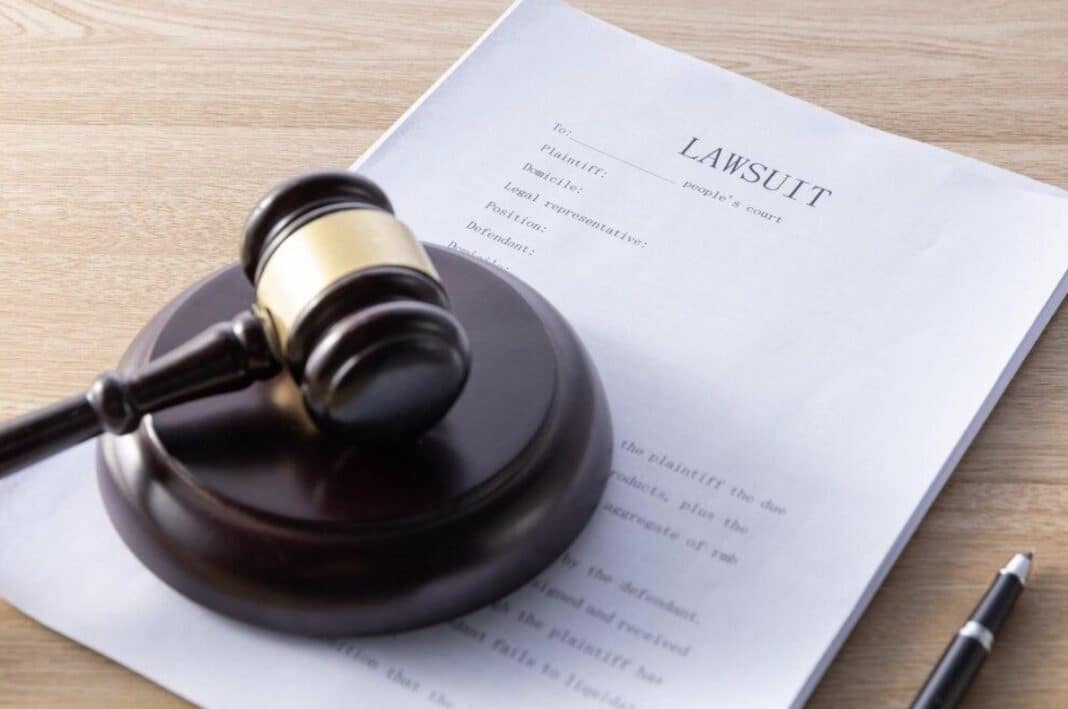Omegle was once a fun place to meet strangers online. But now, it’s at the center of a serious lawsuit. People ask: How did things go so wrong on a platform meant for random chatting?
The lawsuit has raised big questions about safety and responsibility. If you or someone you care about has been affected, you can consult an Omegle lawsuit attorney from Lawsuits.com to better understand your legal options. Let’s look at why Omegle is in legal trouble—and what this means for the future of online safety.
Diving in:
What was Omegle, and How Did it Work?
Omegle was a free chat website created in 2009 and banned in November 2023. It enabled users to talk to strangers through video or text. The idea is simple: two people are paired randomly, and they can chat without giving their names.
Omegle doesn’t ask for much information. Anyone with internet can join, including kids. The site says it’s for people aged 18 or older but doesn’t check if that’s true.
Some chats are moderated, but others are not. That’s where the problems begin.
The Core Allegations in the Lawsuit
Omegle was being sued for a few serious reasons.
First, the lawsuit says Omegle failed to protect young users; kids could easily access the site. Many ended up talking to adults who had bad intentions. There are reports that some users were harassed, bullied, or even abused.
Second, the lawsuit says Omegle didn’t do enough to moderate chats. In many cases, harmful content was shared. Some people used the platform to send or ask for explicit messages or images.
Third, the lawsuit argues that Omegle’s setup made these problems worse. Random pairings and total anonymity allowed people to hide behind fake names, making it easy for wrongdoers to target others.
What Events Led to the Lawsuit?
Several stories pushed this case into the spotlight. One case involved a perpetrator who used to record interactions with minors and shared said recordings on illicit platforms. Another involved someone who was blackmailed after sharing personal information during a chat.
Lawyers say these were not isolated cases. Although the platform had many warnings over the years, it failed to make big changes. Victims and their families are now taking legal steps to hold Omegle accountable.
What the Law Says
The lawsuit focuses on three key legal points:
- Negligence: Omegle didn’t care for its users like it should have.
- Liability: The company may be responsible for the harm caused.
- Section 230: This U.S. law protects tech platforms from being blamed for user posts. However, the lawsuit argues that Omegle designed a system that encouraged bad behavior, making them partly responsible.
Omegle has not shared much publicly, but legal experts say this case could change how websites like it operate.
Why This Matters for Other Platforms
Omegle is not the only site where people can talk to strangers. Various video chat apps have come up, and some gaming platforms also have chat features.
If the lawsuit wins, it could lead to new rules for online platforms. For example, websites may have to add stronger age checks. They might also need better tools to block harmful content faster.
Safety groups have already started pushing for change. Some parents and schools now warn kids not to use sites like Omegle.
The Final Thoughts
The Omegle lawsuit shows what can happen when a website prioritizes connection over safety. It’s a wake-up call for companies, parents, and users everywhere. As we spend more time online, we must ensure it’s safe for everyone.
Legal Disclaimer:
This article, “The Reasons Behind the Omegle Lawsuit,” is for informational purposes only and does not constitute legal advice. It is not intended to create an attorney-client relationship. For legal guidance related to this or similar matters, please consult a qualified attorney.

I’m Soha Owais, a law graduate with an LLB (Hons), blending my legal background with a passion for storytelling. As an author and writer at Saudiscoop.com, I craft engaging narratives that connect with both local and international audiences, bringing a fresh and informed perspective to the stories that matter.




